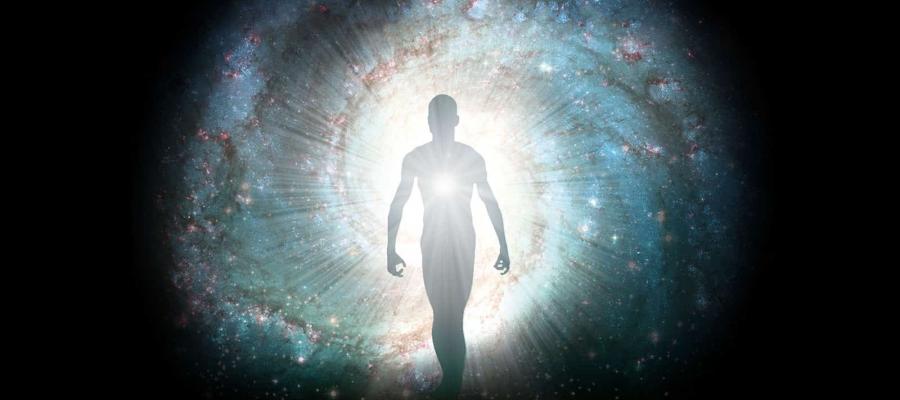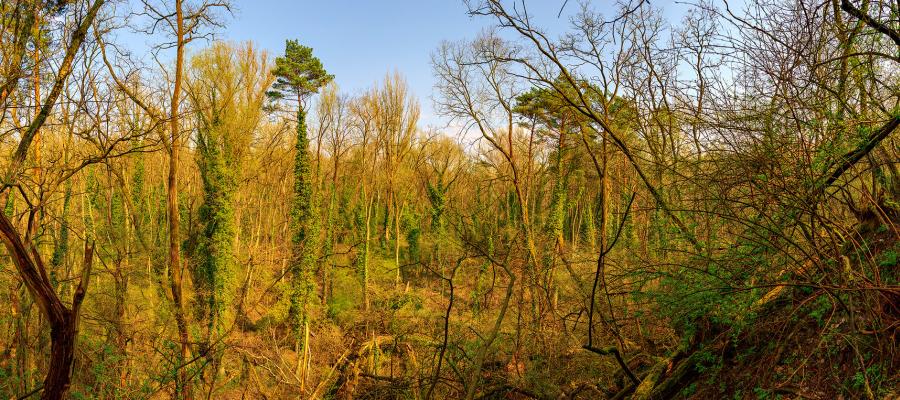Reincarnation
30
Apr 2015
Maybe you don’t believe in reincarnation. But a lot of people have and still do. Schopenhauer said, "we find the doctrine [of reincarnation] springing from the earliest and noblest ages of the human race, always spread abroad on the earth as the belief of the great majority of mankind."
Read moreWhen Democracies Torture
21
Apr 2015
Philosophical discussions about torture tend to focus on two things: whether torture is ever morally justified, and, if so, whether this should be reflected in the law. Such discussion tend to focus on extreme cases: torture the terrorist or let the bomb go off and injure hundreds or thousands of innocents.
Read moreThe Bone that Changed China
15
Apr 2015
The Famen Buddhist Temple (in what is now Shaanxi Province, in the People’s Republic of China) has been an important center for Buddhism since it was built near the end of the Six Dynasties period (220-581 CE). The temple is particularly famed for housing a Buddhist religious relic, an alleged finger bone of the Buddha. The relic had the reputation of producing miraculous cures, and several times during the Tang dynasty (618-906) it was brought to the royal palace, in nearby Chang’an (present-day Xi’an), when the emperor or empress was ill. During one procession from Famen to Chang’an, t
Read moreA new multi-level hierarchy of ethics and morality
03
Apr 2015
A new multi-level model of ethics and morality has recently been announced, as schematically depicted in the diagram immediately below. The distinctive listings of virtues and values defined within this system all appear linked on an intuitive level, suggesting a clear sense of underlying cohesiveness.
Read moreThe Nature of Wilderness
01
Apr 2015
The concept of wilderness is a human invention, and it's built on myths. Taken literally, the concept doesn’t apply to anything at all. There’s no place left on Earth that’s entirely untouched by the hand of man—not even Antarctica, or the depths of the Pacific.
Read more

